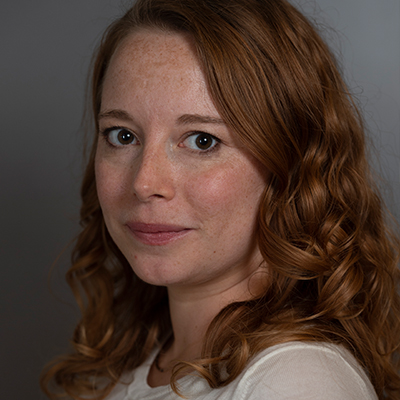CHAIN Team people – CHAIN – Centre for Global Health Inequalities Research
CHAIN Team
CHAIN Team
Clare Bambra
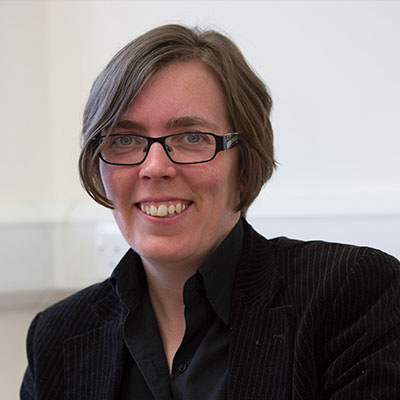
Clare Bambra (PhD, FAcSS) is Professor of Public Health at the Newcastle University, UK. She is an interdisciplinary social scientist with expertise across health politics & policy, health geography and social epidemiology. Her mixed methods research examines the social, political and economic determinants of health inequalities. She has published widely on these topics. Clare has also written several books. She works regularly with policy and practice organisations including Public Health England, Eurohealthnet and WHO Europe. You can listen to Clare talk about her research on BBC Radio or listen to her public lecture.
In CHAIN, Clare leads the work on intervention within the Global Health Inequalities project focusing on how we can reduce health inequalities. This work package will gather evidence from evaluation studies (using systematic reviews and case studies) to identify specific policy and programme interventions that are effective in reducing social inequalities in health in different global regions, particularly amongst children and their families, with an emphasis on remedying evidence gaps in low- and middle-income countries.
Partha Basu
Partha Basu
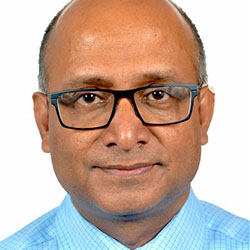
Dr. Partha Basu joined the Screening Group of the International Agency for Research on Cancer (IARC) in March 2015. He practised Gynaecological Oncology for 20 years and was the Head of the Department of Gynaecological Oncology at Chittaranjan National Cancer Institute, India before joining IARC.
Dr. Basu obtained his MD in Obstetrics & Gyneacology from Indira Gandhi Medical College, India, Fellowship in Gyneacological Oncology from Imperial College, London and PhD in Clinical Oncology from West Bengal University of Health Sciences, India.
Dr. Basu’s research areas include evaluation of new strategies for control of non-communicable diseases, reporting performance of cancer screening programs in different countries, assessment of novel treatment methods for cervical precancers, evaluating less than three doses of HPV vaccine, evaluation of CBE and ultrasound as alternative breast cancer screening tests, implementation and evaluation of pilot colorectal cancer screening programs etc.
Dr. Basu has a lot of publications in international peer-reviewed journals and has authored several books and book chapters. He has contributed to several WHO guidelines and served as a consultant to the Ministries of Health in India and several South Asian countries and also to the United Nations Population Fund (UNFPA).
As Principal Investigator from IARC, Dr. Basu will be involved in assessing the quality and status of implementation of the cancer screening programs in the Latin American countries within the framework of the CHAIN project.
Andre Carvalho
Andre Carvalho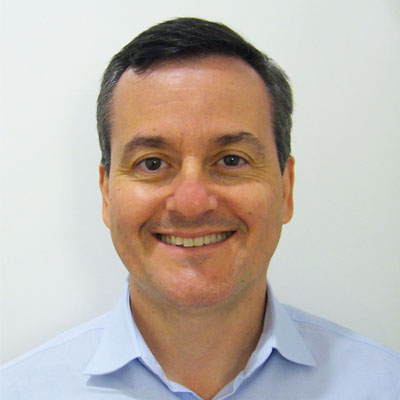
Dr Andre Carvalho is currently a Scientist on the Screening Group, Early Detection & Prevention Section at the International Agency for Research on Cancer (IARC), Lyon, France. Before joining IARC, Dr Carvalho worked in many multidisciplinary and translational research projects on cancer screening and early detection investigating how new technology and innovation could be affordably implemented as evidence-based approaches on population-based early detection programmes. Dr Carvalho’s main interest is to work on implementation science, building capacity and training as tools to improve cancer control, particularly in low- and medium-resource countries.
Dr Carvalho will be involved in assessing the quality and status of implementation of the cancer screening programs in the Latin American countries within the framework of the CHAIN project.
Caroline Costongs
Caroline Costongs
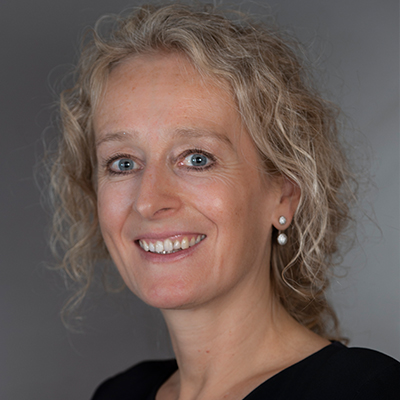
Caroline Costongs is Director at EuroHealthNet and expert in public health and health promotion. She sets the direction of the EuroHealthNet partnership and is responsible for fundraising, advocacy, external relations and delivery of high quality outcomes.
Caroline represents the Partnership at various European events and platforms of EU Institutions, is part of the WHO Coalition of Partners on strengthening public health services, supports APHEA (Agency on Public Health Accreditation) and is a member of the International Congress Council for the 16th World Congress on Public Health in Rome in 2020.
Being at EuroHealthNet since 2000, she has moderated and facilitated numerous meetings, presented at key conferences and led many EC co-funded projects on health inequalities, sustainable development, healthy ageing, HiAP, social inclusion and capacity building for health promotion. Caroline has an MSc in Public Health from the University of Maastricht (The Netherlands). Previously, she worked at the Netherlands Olympic Committee and Sports Confederation (NOC*NSF) on physical activity promotion for young people from disadvantaged backgrounds and at the Health Institute of the Liverpool John Moores University on urban health policy.
Kim Noguera Gabrielli
Kim Noguera Gabrielli
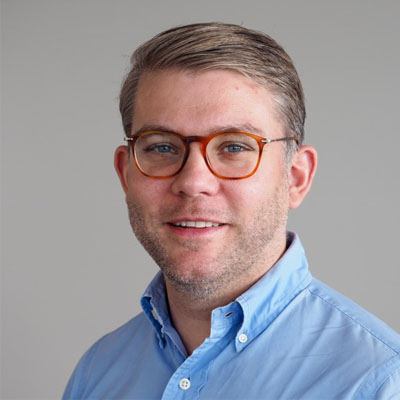
Kim Noguera Gabrielli has more than 12 years of experience in international cooperation, sustainability and political advocacy. He is from September 2019 Executive Director of UN Global Compact Norway. UN Global Compact is UN's and the world's largest initiative for sustainable business. Prior to UN Global Compact Norway, Kim worked at UNICEF HQ in New York, was the Deputy Executive Director and Director of Children's Rights and Sustainability at UNICEF Norway. He has also served as International Adviser to the president of the Norwegian Olympic Committee. Kim is the host of the sustainability podcast «Bærekraftspodden».
Kim gives strategic and operational advice on core CHAIN activities. Kim was one of the initiators of the CHAIN centre together with Terje A. Eikemo while working in UNICEF. He brought in the idea of implementation research, communication, dissemination of research results to policymakers, as well as the role of business as a key element of the centre. More about Kim N. Gabrielli.
Tanja Houweling
Tanja Houweling
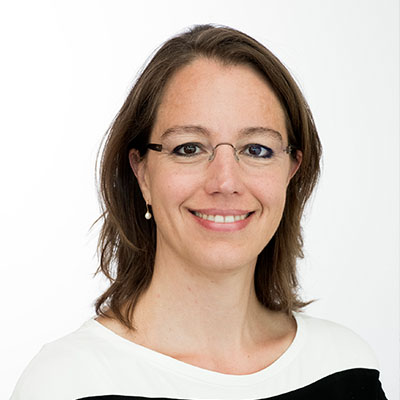
Dr. Tanja Houweling is an assistant professor at the Dept. of Public Health, Erasmus MC, Rotterdam and honorary senior research associate at the Institute for Global Health, University College London. Her research focuses on socio-economic inequalities in health in the early phases of life: pregnancy and childhood, worldwide. Her work on the linkages between society and health builds on her backgrounds in the medical sciences (PhD international public health, MSc epidemiology) and the social sciences (MA cultural & medical anthropology (cum laude) and non-western sociology (cum laude)).
Tanja leads cross-disciplinary research consortia including international collaborative research on inequalities in neonatal mortality in Asia and Africa and cross-departmental research at Erasmus University on universal health coverage. Previously, she was a senior research associate at the UCL Institute for Global Health and scientific leader of a £5 million project on maternal and newborn health in Asia and Africa. As such, she was responsible for several large intervention studies, including cluster randomised trials, on maternal and newborn mortality in India and Bangladesh.
Between 2005 and 2008 she was a member of the scientific secretariat of the WHO Commission on Social Determinants of Health, working closely with the WHO and research institutes worldwide. She is the lead author of four chapters of the Commission’s final report, including the chapter on early child development.
Debra Jackson
Debra Jackson
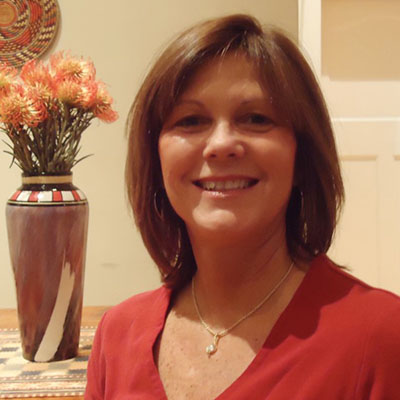
Debra Jackson is Takeda Chair in Global Child Health at the London School of Hygiene & Tropical Medicine (LSHTM), and formerly Unit Chief of Implementation Research at UNICEF Headquarters (New York). She joined UNICEF in November 2013 from the School of Public Health (SoPH) at the University of the Western Cape (UWC), Cape Town, South Africa, where she still holds an appointment as an Extraordinary Professor in Public Health. She lived in South Africa from 2000–2013 and has experience working across Africa, Asia, the Pacific Islands and the USA.
While at the SoPH she served as principal investigator for a range of research projects, such as the multi-country PROMISE-EBF trial on promoting exclusive breastfeeding and the National South African Prevention of Mother to Child Transmission of HIV Evaluation. She has qualifications in nursing, public health, epidemiology and biostatistics. Her interests are maternal and child health, nutrition, research ethics, health systems and embedded implementation research, MCH data and digital health. Her most recent research focus has been on prevention of mother-to-child transmission of HIV, infant feeding, birth registration, newborn health in emergencies, child health equity, and community health. She has over 100 peer-reviewed publications.
Alexander Kentikelenis
Alexander Kentikelenis
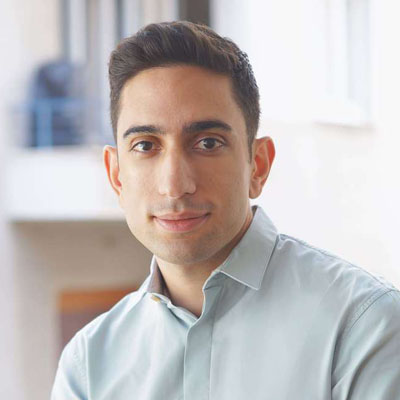
Alexander Kentikelenis is an assistant professor of political economy and sociology at Bocconi University in Milan. He has published extensively on the social consequences of economic policy reforms around the world, including on how they affect public health. His research has appeared in leading academic journals, including the Lancet, the American Journal of Sociology and the American Sociological Review, and has received attention from various media outlets. At CHAIN, Alexander is involved in research on how to reduce health inequalities and the role of international actors in aiding this process.
Alexandra Latham
Eric Lucas
Eric Lucas
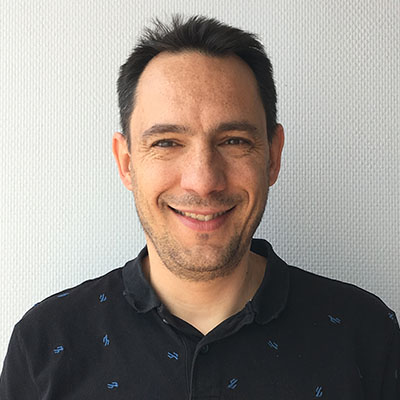
Mr. Eric Lucas is a health information systems specialist who joined the Screening Group at IARC in 1999. His work includes designing health information systems and monitoring field studies, pilot projects, and national cancer screening programmes, specifically in low- and middle-income countries. He has served as a consultant to the WHO, the UNFPA, the EU, PATH, and JHPIEGO in different African, Asian, South American and European countries to help them to implement and monitor cancer prevention and early detection activities. He is also involved in the development of digital teaching materials (e.g., image atlas, digital tutorials, e-learning courses) and data depository public databases like Cancer Survival in Africa, Asia, the Caribbean and Central America and recently in the cancer screening in five continents, CanScreen 5.
Isabel Mosquera
Isabel Mosquera
Dr. Isabel Mosquera is a postdoctoral scientist in the Screening Group, Early Detection & Prevention Section at the International Agency for Research on Cancer (IARC), Lyon, France. She has a degree in Pharmacy and a PhD in Public Health. She has worked on research projects related to collaboration models between primary care and mental health in the care of patients with depression. More recently Dr. Mosquera has studied social inequalities in health mainly among older population, conducting reviews on the impacts of informal care and their measurement, on life and health expectancy, and on participation in colorectal cancer screening.
Adam Todd
Adam Todd
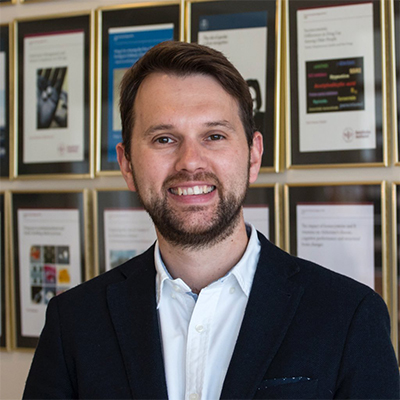
Adam Todd (PhD, FRPharmS) is a Reader in Pharmaceutical Public Health at Newcastle University, UK. He is a qualified pharmacist registered with the General Pharmaceutical Council. His research is highly interdisciplinary and uses methods from the social sciences, public health, clinical medicine, and epidemiology. He is an expert in pharmaceutical public health interventions, including screening and immunisation programmes, and is interested in exploring how such interventions can be used to reduce inequalities in health. Adam also works clinically in cancer and palliative care settings where he advises patients on appropriate medicine use.
In CHAIN, Adam will be involved in exploring how interventions can be used to reduce inequalities in health. In particular, Adam will bring his clinical expertise and experience in cancer screening and early diagnosis interventions.
Chantal Verdonschot
Chantal Verdonschot
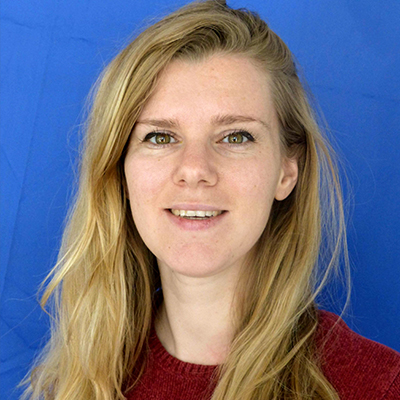 As Communications Officer, Chantal implements CHAIN’s communication and dissemination strategy. She has a BSc in European Public Health and a MSc in International Public Management. During her studies, she developed a special interest in health inequalities and studied how the social determinants of health are addressed within the European context. Before joining EuroHealthNet, Chantal worked as a case manager for refugees at the municipal level in the Netherlands and as a trainee at DG Sante, the Directorate of Health and Food Safety of the European Commission.
As Communications Officer, Chantal implements CHAIN’s communication and dissemination strategy. She has a BSc in European Public Health and a MSc in International Public Management. During her studies, she developed a special interest in health inequalities and studied how the social determinants of health are addressed within the European context. Before joining EuroHealthNet, Chantal worked as a case manager for refugees at the municipal level in the Netherlands and as a trainee at DG Sante, the Directorate of Health and Food Safety of the European Commission.
Simon Øverland
Simon Øverland
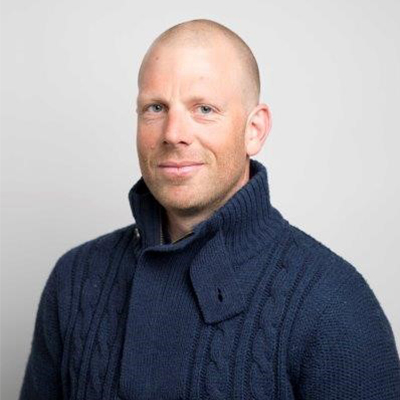
Dr. Simon Øverland is Director of the Centre for Disease at the Norwegian Institute of Public Health and Professor at the University of Bergen. His main research interests are population health and epidemiology with a broad view on the major causes of disease burden in populations as well as burden through work disability, unemployment and sickness absence, mortality, care and co-morbidities. Dr. Øverland has wide practical experience from the application of various research designs, spanning from clinical trials, through various epidemiological methods and observational data designs to systematic literature reviews. He has substantial experience in registry-based research and data linkages and is the principal investigator on a current grand on social and regional inequalities in burden of disease. As part of the CHAIN project, he will bring experience from that project as well as the wide portfolio of work on the global burden of disease.

